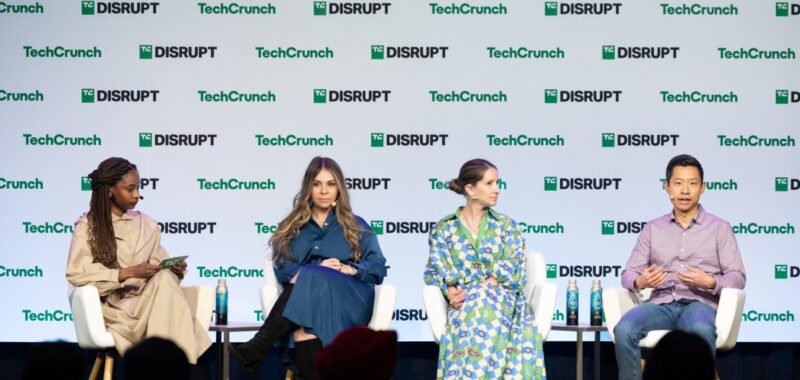It’s the topic on everyone’s mind: Are Gen Z workers actually different?
TechCrunch sought to find out at this year’s Disrupt 2024. We sat down with SignalFire’s Heather Doshay, Comprehensive.io’s Roger Lee, and Lauren Illovsky from Capital G to chat about how to hire and retain talent. One topic that came up was how younger workers are much different than their older counterparts.
“It was the same with millennials, right?” Illosvky asked on stage. “We remember when boomers criticized millennials, and now millennials were criticizing Gen Z. I love Gen Z, too. I think there’s an appreciation for how much they push the boundaries and force you to think.”
She said employers can either be grouchy about it or try to see the world from a different perspective and how it affects what Gen Z can bring to the table. Doshay noted that this generation has been in the workforce for at least five years, meaning they’ve faced a labor market affected by the pandemic; economic uncertainty; and mass layoffs in tech.
“So there’s a lack of loyalty amongst Gen Z in the workforce that we’re seeing in early data,” Doshay said, citing that a report by her company found that Gen Zers stay in a job for an average of 1.1 years, compared to the older generations that spent decades at a company. “That challenges you to do better,” she said. “What can you do to retain these folks and keep them there longer?”
At the same time, she said, it’s still early. Gen Z’s behavior might evolve over time as the workforce changes with them. “I think it’s really important to have that perspective in your workforce and have a really diverse set of people,” she said. “If your consumer base reflects Gen Z, you want to make sure that you have that DNA in your workforce.”
Lee said that Gen Zers value transparency a lot more than other generations. Today, young people talk openly about their salaries and will post TikToks of themselves being fired. Lee said that companies should find ways to be more transparent with their employees, which can make them stand out from the companies that aren’t.
Of course, we had to ask about that now-viral video of Keith Rabois talking about not hiring someone over 30 years old. Without naming names, we spoke about the concept of ageism and how it actually hurts companies. Illovsky said that companies need to have a workforce that is diverse in age, which results in a diverse skill set. Doshay said that older generations tend to be more engaged in the workforce, and reminded the audience that it’s illegal to discriminate based on age. In fact, not hiring anyone over 30 probably meant most of the audience wouldn’t hire themselves, she said.
“Also, since when was 30 the cutoff?” Lee added jokingly. “I’m a little insulted by that.”

